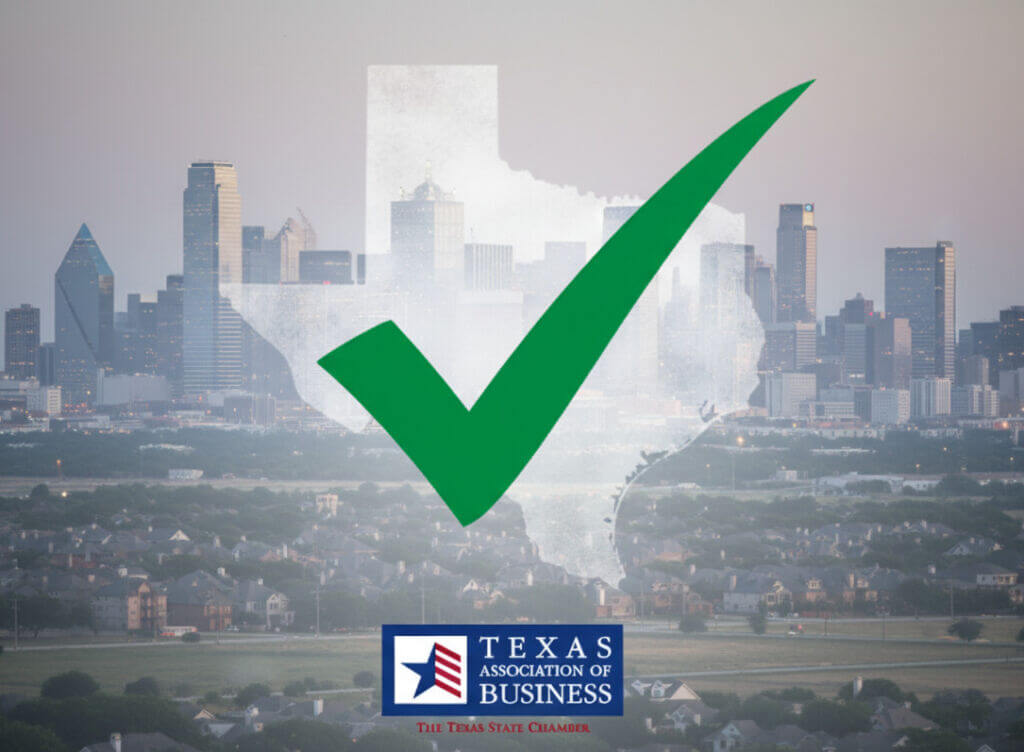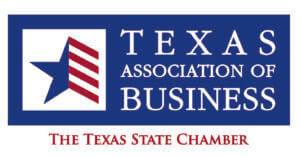Voters Approve Amendments to Strengthen Texas Business Environment and Long-Term Economic Growth

This week, Texans overwhelmingly approved 17 new amendments to the Texas Constitution, including several measures that will supercharge our state’s rapid economic growth and secure long-term prosperity for all Texans.
I’m fond of saying Texas has the best business environment in the galaxy, but now we’re on track to be the best business environment in the universe.
Combined with critical legislation passed during the regular session, including a permanent extension of the R&D tax credit, robust funding in key sectors like space, semiconductors and advanced nuclear power, as well as record investment in education and infrastructure, the propositions approved by Texas voters this week stand to make the Lone Star State’s business environment even stronger, attracting even more people, companies, and entrepreneurs from across the nation and world.
Proposition 1 invests $850 million from the state’s general revenue to fund job-training programs and expansion projects at Texas State Technical College (TSTC), one of the state’s leading producers of skilled workers. This is a win not just for employers, but also for taxpayers and hardworking Texas families who stand to benefit from good-paying, stable jobs.
Proposition 2 permanently bans a state capital gains tax, ensuring Texans will no longer have to pay a tax on profits from selling any asset – including stocks, real estate, and other investments. This proposition will cement Texas’ pro-investment advantage and attract startups, venture capital, and high-growth firms that create jobs and inject massive growth into the Texas economy.
Proposition 4 creates a $1 billion annual state sales tax revenue dedication to the Texas Water Fund, starting in 2027, allowing for an allocation of up to $20 billion toward our state’s long-term water infrastructure needs – including expanding our water supply portfolio, fixing aging systems, and building flood protection projects. This proposition does not increase the current state sales tax rate but instead allows the Legislature to dedicate existing state sales tax revenues to the Texas Water Fund.
Proposition 6 prohibits the state from creating any new taxes on stock or securities trades, which protects investors and entrepreneurs and positions Texas to dominate the competition in financial services sector, particularly compared to high-tax states like New York, where the threat of re-imposing taxes on stock transactions is ever-present. This amendment makes Texas an unrivalled destination for financial institutions, brokers, and dealers, while protecting investments that support Texans’ retirement accounts and pensions from additional taxes.
Proposition 7 authorizes the Texas Legislature to enact a property tax cut for surviving spouses of fallen veterans. For families of our brave servicemembers who have made the ultimate sacrifice, Texas should relieve property tax burdens as much as possible, allowing them to keep their homes without fear of being forced to sell.
Proposition 8 bans estate, inheritance, and gift taxes, allowing family businesses and farms to grow and pass on wealth to the next generation without fear of penalty. Though Texas does not currently have an inheritance tax, this amendment ensures lawmakers cannot impose one in future legislative sessions, providing certainty and clarity for those who are carefully planning for financial stability for their children and grandchildren.
Proposition 9 eliminates the small business inventory tax and creates a $125,000 personal property tax exemption for small businesses that keep inventory – including for their products, storage, equipment, vehicles, and other property used for business operations. Under the previous ‘inventory tax,’ small business owners would have to pay taxes each year on any inventory valued at $2,500 or more. Proposition 9 was a key measure that came from our work on Governor Abbott’s Small Business Freedom Council this session.
Proposition 11 increases the school homestead exemption for seniors – Texans 65 years of age or older – and Texans with disabilities from $10,000 to $60,000, allowing greater financial flexibility for Texans who may have complex medical needs and transportation challenges, which is especially important for those who live on fixed incomes.
Proposition 14 establishes the Dementia Prevention and Research Institute of Texas (DPRIT) as a permanent state institution, injecting $3 billion of existing general revenue funds into dementia and neurodegenerative disease research without requiring an increase in taxes.
But before the polls even closed on Election Day, Texas was announced as the nation’s top business climate for the third year in a row by Site Selection Magazine, which cited “no corporate tax, sensible business regulations, business-dedicated courts, unbeatable logistics infrastructure and a huge labor force, among other factors” as the reason for our state’s success.
The very next day, the Texas Secretary of State’s office announced that the number of registered business entities in Texas has surpassed 3 million. Secretary Jane Nelson affirmed this milestone “demonstrates the strong confidence the business community has in our state, and there are no signs of this trend slowing down.”
By continuing to work together with our state leadership, legislators, and Texas voters who hold our state’s future in their hands, we have been able to achieve new heights in cultivating a pro-business environment that is second to none.
When it comes to creating jobs, attracting investment, and growing prosperity, Texans know that policy matters, and voters took important steps this week to ensure the Texas economy remains the envy of every other state in the nation.
–Glenn Hamer, President & CEO, Texas Association of Business
